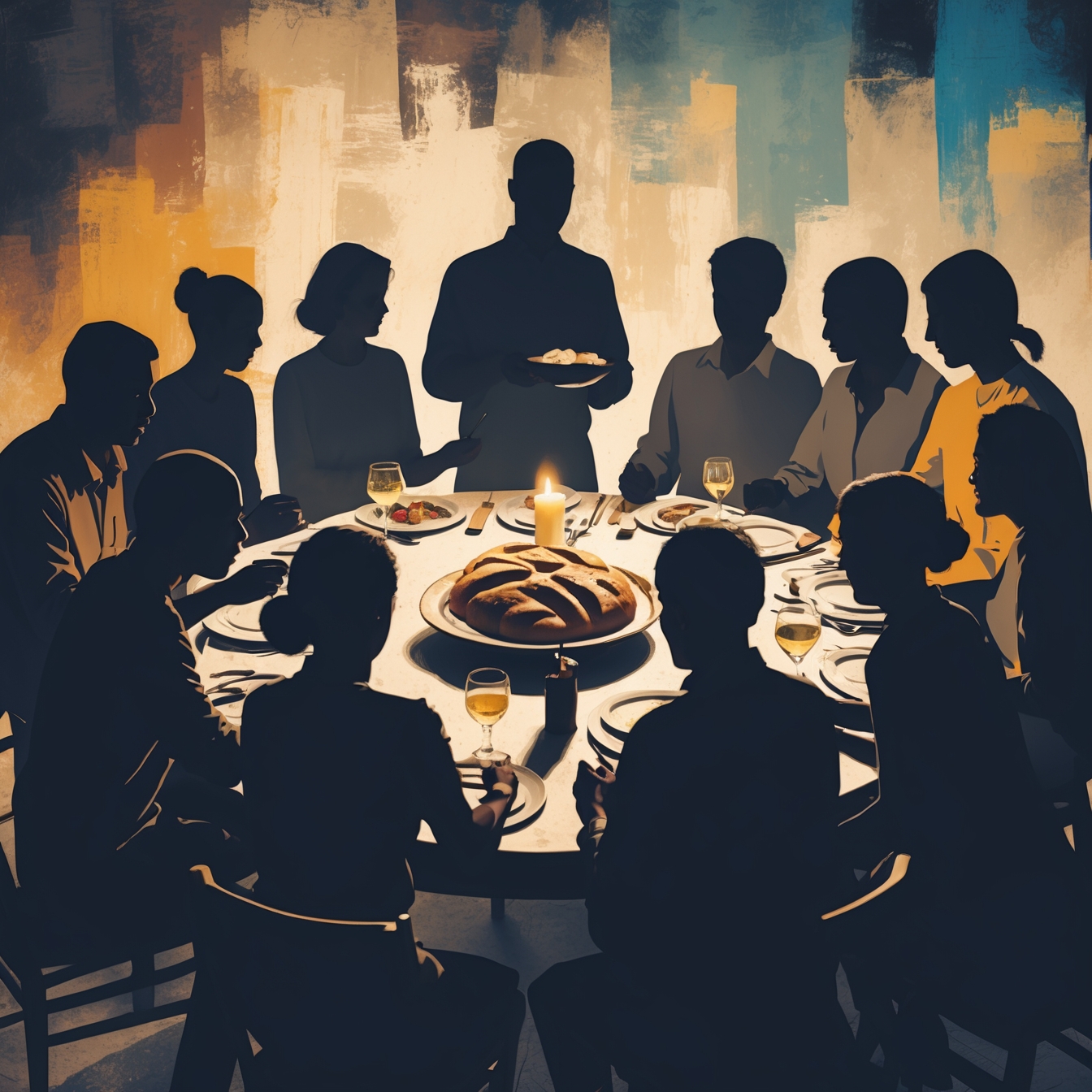
Jesus is an intriguing man.
One of the most intriguing aspects of Jesus' life is His profound political influence, despite His complete abstention from direct involvement in the political systems of His time.
When Jesus informs Pilate that He is a King and His kingdom was not of this world, the encounter reinforced something about His work the three and half years to that point. He went about doing good, teaching what it was to be good. His actions and teaching aggravated the religious order of His day. Still, as far as the political rule of His day was concerned, they were only bothered when those religious rulers agitated them to intervene with the only judgement they had no jurisdiction to give.
Yet, the nature of Jesus’ teaching was subversive to what underpinned the political and religious rule of that day and every era since. He did not come to overturn the Roman rule. He did not even come to do away with the religious rule of His day. If He wanted to do that, He had the authority and power. What He came to do was express, establish and expand the rule of His Father that made a visceral difference to what was around Him as an indicator of what was to come.
This rule, however, wasn’t going to be imposed through religious and political force. This rule would have effects that included those but was far-reaching. To take on this ruling would require followers to change everything. Change their allegiance. Change their purpose. Change their direction. Change their thinking.
The people's reorientation can be seen in their conduct after Jesus ascended. They carried on His work and expected the persecution that came their way. They took the stripes and beatings as marks of joining Jesus in suffering for righteousness. They rejoiced in these things, which made them appear odd and unconventional. Their commitment to living out the way of Christ brought them against religious and political systems. Their declaration of the Lordship of Jesus Christ was provocative to a system demanding acknowledgement of Caesar's Lordship. Not only was it the declaration, but it was also the demonstration that their ways would reflect their Lord – ways that sought to forgive others, love their enemies and be clear in establishing that people needed to repent and turn to God, who made Himself known through the Lord and Saviour, Jesus Christ - The Way.
In this Way, they did not consider pursuing material gain to be the purpose of life. In this Way, they did not consider pursuing political power to be the point of living. In this Way, they did not consider personal security and family focus the prevailing thought. In this Way, there was no compulsion to give as they generously shared from the heart to allow those poor among them to have their needs met and the gospel shared without hindrance. In this Way, they pursued heavenly riches, expressed through how they treated the fellowship of faith and those in their immediate community. In this Way people were keen to let others see that the blessed people are humble, mourning, meek, hungry for righteousness, merciful, pure in heart and peacemakers.
This Way was distinct from the prevailing trends and ideologies of their day. All who travelled on this Way were considered sojourners, seeing their natural residence as belonging to their Saviour. They endeavoured to be a blessing to their earthly location but understood that what they longed for would not come from this world even as they were not from this world.
The role of the Holy Spirit in this way cannot be underestimated. The Holy Spirit was the only way these new people could produce love, joy, peace, patience, kindness, goodness, gentleness, faithfulness, and self-control. The only way they could exercise the ability to teach, serve, heal, share, proclaim, build, encourage and express creatively was through the Holy Spirit. The only way they could endure, the only way they could persevere, and the only way they could maintain hope in dire circumstances was with the ever-present help of the Holy Spirit. The only way they kept on track with this way of life and recognised their new identity in Christ was through the guidance, the leading, the prompting, and the urging of the Holy Spirit.
This was evident as they gathered to celebrate Jesus. This was clear as they related to each other and went on missions together, whether that mission was to unknown places or to be faithful in their households, workplaces, and communities. Their commitment to Christ and the capacity to express His character made them stand out in any setting, even those with some affectation of Christianity without the content and certainly without the true allegiance to Christ.
These people had encountered Jesus and recognised they were redeemed but not with earthly material. These people had encountered Jesus and recognised they were reconciled back to God and each other, but not through worldly means. These people had encountered Jesus and recognised they were restored to their rightful place, which allowed them to be about God’s business as His Masterpiece. These people had encountered Jesus and saw themselves primarily as members of His family, ministers of His Lordship, messengers of His gospel and missionaries of His Kingdom. They recognised this and understood that this understanding reoriented them – new appetites, passions and pursuits renewed by the Word and the Spirit.
What marked out these people was their desire to live this kind of life—a renewed life that saw them rejoice in being a People Redeemed, Reconciled, Restored, and Reoriented.
For His Name's Sake
C. L. J. Dryden
Shalom





